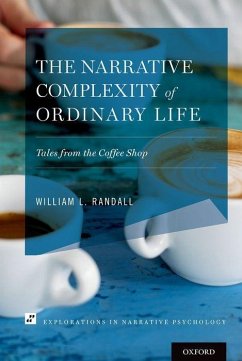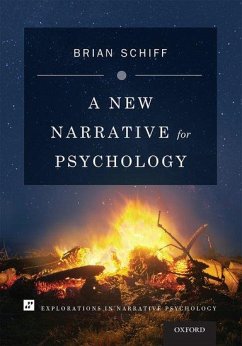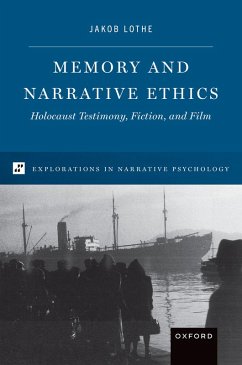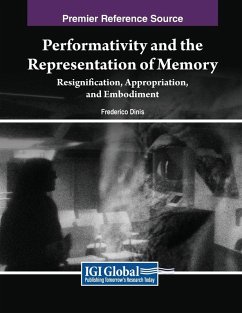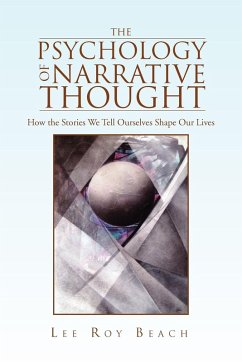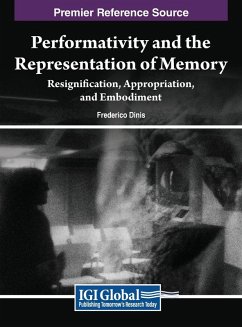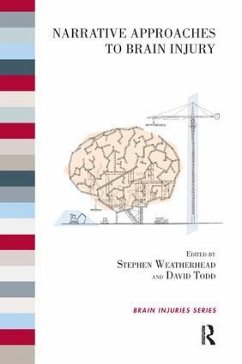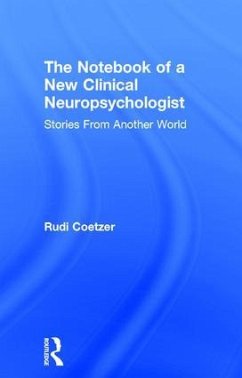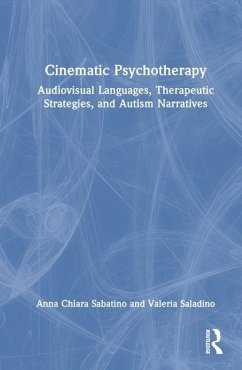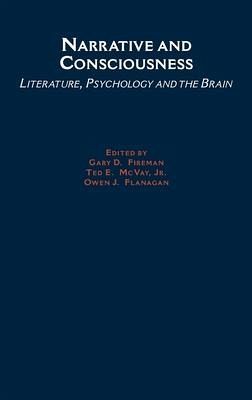
Narrative and Consciousness
Literature, Psychology and the Brain
Herausgeber: Fireman, Gary; McVay, Ted
Versandkostenfrei!
Versandfertig in 1-2 Wochen
119,99 €
inkl. MwSt.

PAYBACK Punkte
60 °P sammeln!
The evocation of narrative as a way to understand the content of consciousness, including memory, autobiography, self, and imagination, has sparked truly interdisciplinary work among psychologists, philosophers, and literary critics. Even neuroscientists have taken an interest in the stories people create to understand themselves, their past, and the world around them. The research presented in this volume should appeal to researchers enmeshed in these problems, as well as the general reader with an interest in the philosophical problem of what consciousness is and how it functions in the everyday world.
We define our conscious experience by constructing narratives about ourselves and the people with whom we interact. Narrative pervades our lives--conscious experience is not merely linked to the number and variety of personal stories we construct with each other within a cultural frame, but is subsumed by them. The claim, however, that narrative constructions are essential to conscious experience is not useful or informative unless we can also begin to provide a distinct, organized, and empirically consistent explanation for narrative in relation to consciousness. Understanding the role of narrative in determining individual and collective consciousness has been elusive from within traditional academic frameworks. This volume argues that addressing so broad and complex a problem requires an examination from outside our insular disciplinary framework. Such an open examination would be informed by the inquiries and approaches of multiple disciplines. Recognition of the different approaches toexamining personal stories will allow for the coordination of how narrative seems (its henomenology), with what mental labor it does (its psychology), and how it is realized (its neurobiology). Only by overcoming the boundaries erected by multiple theoretical and discursive traditions can we begin to comprehend the nature and function of narrative in consciousness. ^INarrative and Consciousness^R brings together essays by exceptional scholars and scientists in the disciplines of literary theory, psychology, and neuroscience to examine how stories are constructed, how stories structure lived experience, and how stories are rooted in material reality (the human body).



